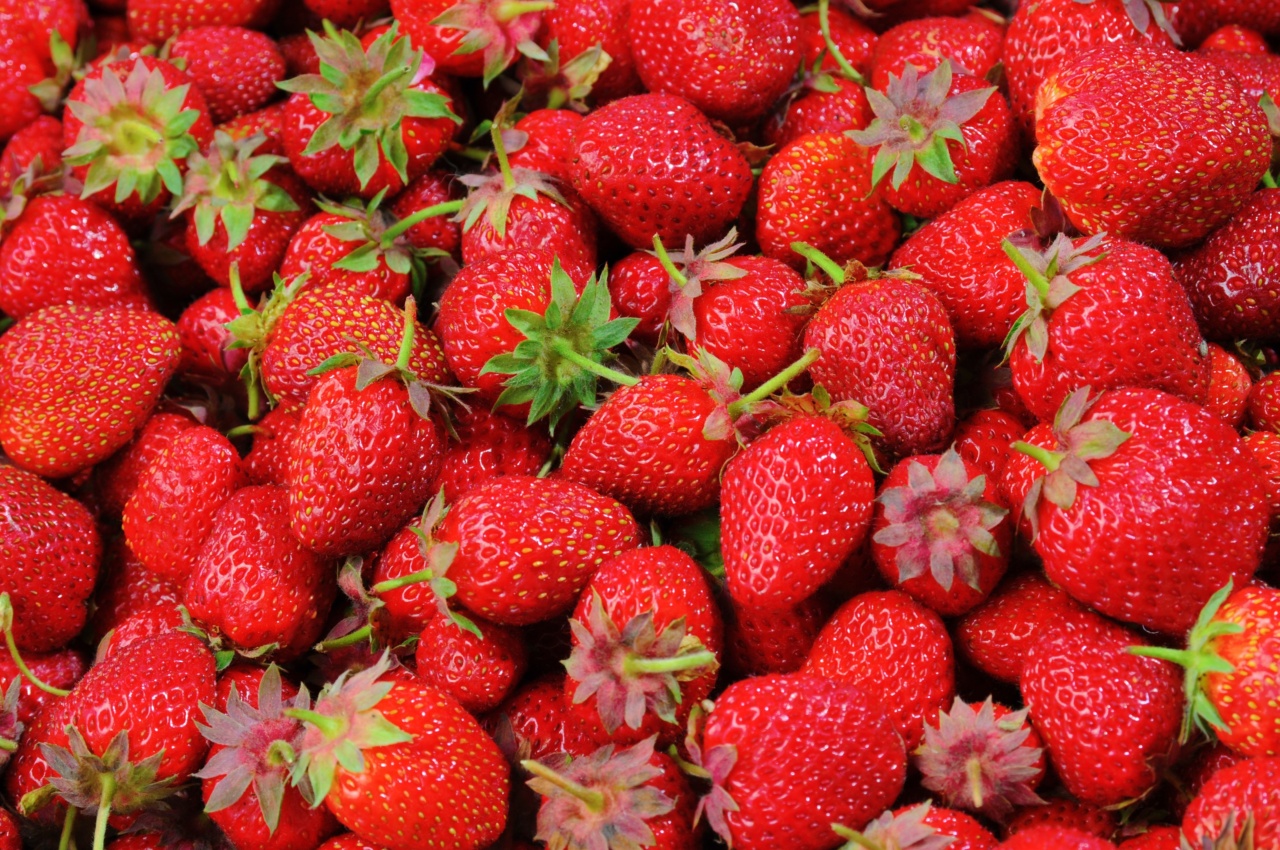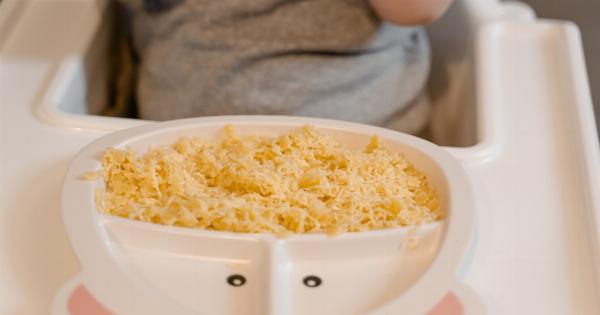When you’re pregnant, what you eat not only affects your own health but the health of your growing baby. A healthy, well-balanced diet can help ensure that your baby gets the nutrients they need to develop properly.
In this article, we’ll explore the importance of diet during pregnancy and provide tips for healthy eating.
Why is Diet So Important During Pregnancy?
During pregnancy, your body needs more nutrients than usual to support your own health and the growth and development of your baby. Some important nutrients that are especially vital during pregnancy include:.
- Folic acid: helps prevent birth defects of the brain and spine
- Iron: helps make red blood cells for you and your baby
- Calcium: builds your baby’s bones and teeth
- Protein: provides energy and helps build your baby’s tissues
- Vitamin D: helps your body absorb calcium and supports bone health
A healthy diet during pregnancy can also help prevent complications like preterm labor, gestational diabetes, and high blood pressure.
What Should You Eat During Pregnancy?
It’s important to aim for a balanced diet that includes a variety of nutrient-rich foods. Some specific foods to include in your diet during pregnancy include:.
- Vegetables: aim for a variety of colorful veggies to get a range of vitamins and minerals
- Fruits: like vegetables, a variety of colors is best, and aim for fresh or frozen rather than canned
- Whole grains: choose brown rice, quinoa, whole wheat bread, and other whole grains for fiber, vitamins, and minerals
- Protein: lean meats, poultry, fish, eggs, beans, and lentils are all good choices, but avoid high-mercury fish like shark and king mackerel
- Dairy: choose low-fat or fat-free milk, cheese, and yogurt for calcium, vitamin D, and protein
Avoid foods that are high in sugar, salt, and unhealthy fats, as well as alcohol and caffeine. You should also avoid raw or undercooked meats, eggs, and fish, as well as unpasteurized dairy products.
How Much Should You Eat During Pregnancy?
It’s important to gain weight during pregnancy, but how much you should gain depends on your pre-pregnancy weight.
In general, women who are a healthy weight before pregnancy should aim to gain 25-35 pounds, while those who are underweight should gain a bit more and those who are overweight should gain a bit less.
You don’t need to “eat for two” during pregnancy, but you do need to make sure you’re consuming enough calories to support your baby’s growth and development.
Most women need an extra 300-500 calories per day during pregnancy, but this can vary based on your activity level and other factors.
What About Supplements?
Eating a healthy diet is the best way to get the nutrients you and your baby need during pregnancy, but supplements can be helpful in certain situations.
For example, your healthcare provider may recommend a prenatal vitamin that includes folic acid, iron, and other important nutrients.
If you follow a vegetarian or vegan diet, you may need to take additional supplements like vitamin B12 and iron. Talk to your healthcare provider or a registered dietitian to make sure you’re getting all the nutrients you need.
Conclusion
Eating a healthy diet during pregnancy is essential for both your own health and the health of your growing baby.
Aim for a variety of nutrient-rich foods, avoid unhealthy foods and substances, and talk to your healthcare provider about any supplements you may need. By taking care of yourself, you’re also taking care of your little one.






























